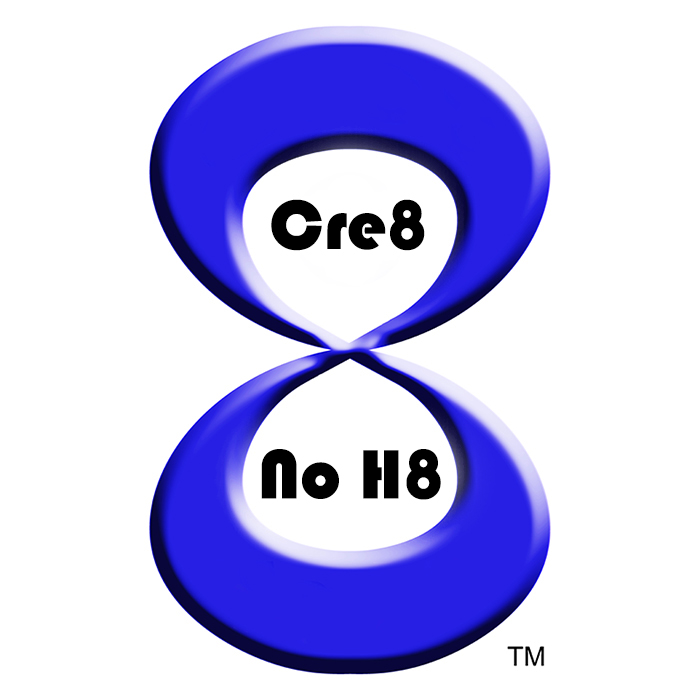- Right Wing Media
- First Amendment Freedoms
- Fake News & Propaganda
- 2016 Campaign Social Media
- YouTube
- Right Wing Media
- Fox News
- Sinclair Broadcasting
- Breitbart
- FACT-Foundation for Accountability and Civic Trust, (Acting AG) Matthew Whitaker Executive Director
- Right Wing Watchdogs
- Republican Party
- Jared Kushner-Gave Sinclair special access to the Trump Transition Team
- Cato Institute-Koch Libertarian think tank
- The Freedom Caucus
- Turning Point USA-College outreach
- GOP Donors
- Republican Polling
- GOP Consultants
- Sam Nunberg, Roger Stone’s surrogate son, Trump Campaign, Jay Sekulow to Romney Campaign
- Karl Rove– Crossroads GPS / One Nation
- Religious Right
- John Birch Society 1958 Welch, Fred Koch
- Dominionism
- Council for National Policy
- Free Congress Foundation-Paul Weyrich, Dominionism
- United in Purpose–Pioneer Solutions Data Breach, David Barton
- National Black Robe Regiment– Glenn Beck & David Barton‘s Church Activism, enriched Voter Profiles
- Ted Cruz Campaign 2016-Cambridge Analytica & Mercer NBRR Barton-PAC
- Heritage Foundation 1973 founded by Paul Weyrich, Edwin Feulner, and Joseph Coors
- ALEC-1973-Paul Weyrich Federal Laws written by Corporations
- State Policy Network– 1992 by Heritage Foundation board member Thomas A. Roe State Laws
- The Federalist Society–Leonard Leo, trains and selects Judicial appointments Opus Dei
- Constitutional Convention of States
- Judicial Crisis Network-Republican Public Relations for the Judicial Branch
- Judicial Watch
- Project Veritas
- Government Accountability Institute GAI
- Robert Mercer GAI Financing, Breitbart
- Donors Trust Koch GAI Financing
- Steve Bannon GAI Founder, Breitbart
- Peter Schweizer GAI Founder, Breitbart
- Wynton Hall, GAI & Breitbart
- Russiagate
- Russian Republicans
- Ed Lozansky Russian-born, founded Russia House–American University & Young Republicans in Moscow, World Russia Forum; August 1, 2010: us-russia.org; propagandist, anti-Magnitsky Act
- Dmitri Simes, Center for National Interest-arranged Mayflower Hotel April 27, 2016
- Conspiracy: The Meetings
- The Investigated
- The Mueller Report
- Trump Lawyers
- Trump Lawsuits
- Trump Mafia Ties
- Timeline
- GOP Lobbyists
- Jack Abramoff
- Paul Erickson
- Newt Gingrich-Recommend Psy-Group to Kushner for Trump Campaign, George Nader paid Psy-Group $2m
- Roger Stone
- Paul Manafort
- Sam Patten
- Richard Burt–Gazprom Lobbyist
- National Rifle Association
- American Conservative Union -CPAC lobby was founded in 1964 by William F. Buckley Jr., David Keene, Chairman 1984-2011
-
- “Diana Hubbard Carr, ACU’s former administrative director and ex-wife of David Keene, pleaded guilty in June 2011 to embezzling between $120,000 and $400,000 from 2006 to 2009, during her time as bookkeeper for the group.[45][46]” Wikipedia
- NRA-David Keene President 2011-13
- Matt Schlapp Chairman, George W Bush political adviser
- “Moonies“-David Keene Opinion Editor of Moonie-founded Washington Times, Legitimized by Reagan-Keene worked on campaign, also George HW Bush
- Bob Dole 1996 Campaign v. Bill Clinton-with David Keene
- Mitt Romney-Keene worked on campaign
-
- Electronic Voting Machines
- Voting Machine Issues
- Hart Intercivic-Mitt Romney Financial Investment/Campaign Contributions failed in
- Ohio 2004 Election
- The Alt-Right
- Canadian Far Right
David Deniston Smith (born September 1, 1950) is an American businessman who is the executive chairman of Sinclair Broadcast Group(SBGI) since January 2017, having been its president and CEO from September 1990 to January 2017.[3] David Deniston Smith[4] is the son of Julian Sinclair Smith (1921–1993), founder of Sinclair Broadcast Group, and Carolyn Beth Cunningham.[1] He has three brothers, Frederick, J. Duncan and Robert.[1]” Wikipedia
“Smith began his career “selling pornographic videos in Baltimore’s redlight district during the 1970s.”[5] He founded Comark Communications in 1978.[6] Smith served as the chief executive officer and president of Sinclair Television Group, Inc. from 1988 to January 2017.[7] He “built Sinclair Broadcast Group Inc. into the largest owner of television stations in the U.S.,”[7] and he was profiled by the New York Times in 1998.[8] He has served as its executive chairman of SBGI since January 1, 2017. It has been reported that every news station under Sinclair’s umbrella is required to syndicate commentary that comports with its owners’ ideological views.[9] In September 2013, his shareholding in SBGI was valued at $268 million.[1] His total calculated compensation was $5,206,439 as of fiscal year 2016.[10]”
Vital: Trump has launched his own Facebook News channel and appointed an FCC Chair who approved the Sinclair-Tribune merger which is now insisting on “must-run” Trump-produced propaganda segments in 72% of American households including Democratic strongholds of Los Angeles, Chicago, and New York.
How Trump’s FCC aided Sinclair’s expansion Politico August 6, 2017 Use of a regulatory loophole will allow Sinclair to reach 72 percent of U.S. households after buying Tribune’s stations. By MARGARET HARDING MCGILL and JOHN HENDEL
Shareblue: “FCC Chairman Ajit Pai, a Republican appointed by Trump, used a loophole called the “UHF discount” to let Sinclair increase its portfolio of over 170 stations with 42 stations from Tribune Media. Many of the new stations, which will now be forced to air the “must-run” pro-Trump propagandasegments other Sinclair stations now broadcast, are located in major cities like New York, Chicago, and Los Angeles.
Before the Trump assist, Sinclair was not in as many large cities, with the power to target millions more Americans in states that didn’t vote for Trump in 2016.
Politico reports that “the Tribune deal would not have been viable if not for Pai’s intervention.” Without the use of the loophole, Sinclair would be constrained to the congressionally mandated cap of 39 percent reach for local station owners. In exchange for backing Trump during the campaign, Sinclair now has access to 72 percent of U.S. households for its propaganda broadcasts.
Former FCC chairman Tom Wheeler slammed the move, noting, “There was funny math created to allow the count to come up to still be below 39 percent, wink wink.” Shareblue
Sinclair Deal Draws Unlikely Opponent: Conservative News Media Political Donors Put Their Money Where the Memes Are
